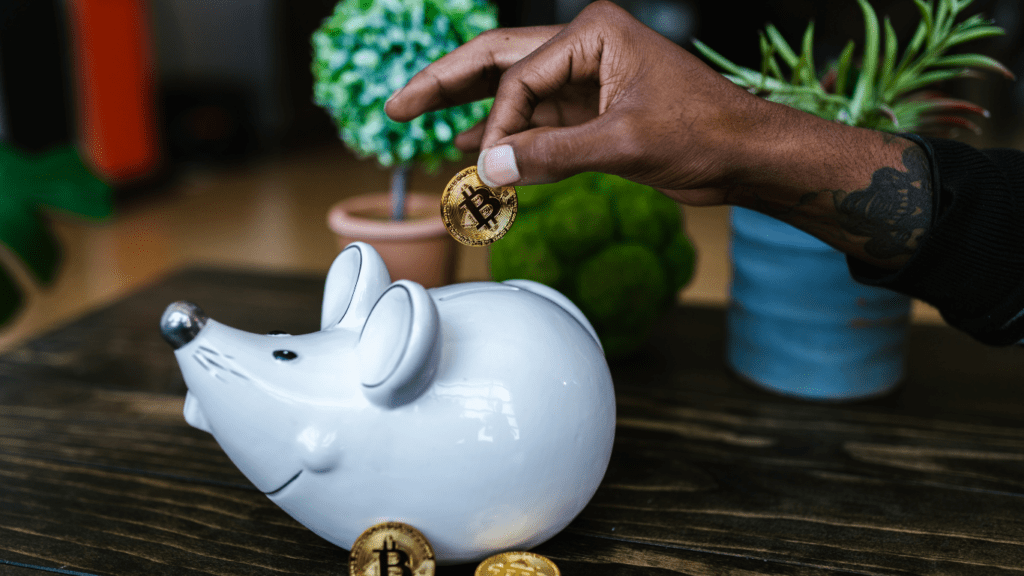Importance Of Crypto Wallet Security
Ensuring the security of a crypto wallet is crucial to safeguarding digital assets. Cybercriminals continuously evolve their tactics, making it vital to stay informed and vigilant. By understanding and implementing proper security measures, users can significantly reduce the risk of losing their investments.
- Firstly, one should never underestimate the value of a strong password. Weak passwords are easily cracked, leaving wallets vulnerable. Always use unique, complex passwords for each account. For instance, include a mix of uppercase, lowercase, numbers, and special characters.
- Secondly, two-factor authentication (2FA) provides an extra layer of security. Even if a hacker obtains the password, 2FA requires a second form of verification, such as a text message or authentication app. This makes unauthorized access much more difficult.
- Thirdly, it’s essential to back up the wallet. In the event of device loss or failure, a backup ensures the assets are retrievable. Regularly update and store backups in multiple secure locations, like encrypted USB drives or safe deposit boxes.
- Moreover, avoid using public Wi-Fi when accessing a crypto wallet. Public networks are notorious for being insecure, allowing cybercriminals to intercept data. Always use a private, secure internet connection to reduce risks.
- Lastly, keeping software up-to-date is critical. Developers regularly release updates to address security vulnerabilities. By neglecting updates, one exposes the wallet to potential exploits and attacks. Enable automatic updates where possible or check for updates frequently.
By prioritizing these security measures, users can better protect their crypto wallets and ensure their investments remain secure.
Choosing The Right Wallet

Selecting the right crypto wallet greatly affects the security of digital assets.
Hot Wallets vs. Cold Wallets
Hot wallets connect to the internet and offer quick access to digital assets for trading. These include web-based, mobile, and desktop wallets. Their convenience makes them popular but also more vulnerable to cyber-attacks.
Cold wallets, in contrast, store digital assets offline, providing enhanced security. These can take the form of hardware wallets or paper wallets. Since they don’t connect to the internet, they’re less susceptible to hacking. For long-term storage, I recommend using cold wallets to reduce risk.
Role Of Multi-Signature Wallets
Multi-signature wallets require multiple private keys to authorize and complete a transaction. This feature increases security by adding an extra layer of protection. Even if one key is compromised, unauthorized transactions can’t proceed without the others.
Popular platforms like BitGo and Electrum offer multi-signature functionality. It’s an essential tool for organizations or individuals managing significant crypto assets. Implementing multi-signature wallets ensures that losing one key won’t result in a complete breach, adding yet another robust safeguard for your digital investments.
By understanding the distinctions and capabilities of different wallet types, users can make informed decisions to protect their digital assets more effectively.
Common Security Mistakes
Certain common mistakes can compromise the security of your crypto wallet. Awareness of these pitfalls helps ensure the protection of your digital assets.
Using Weak Passwords
Weak passwords are one of the easiest ways for attackers to gain access to your wallet. Passwords like “123456,” “password,” or your birthdate are vulnerable to brute force attacks. Use a strong password, ideally incorporating a mix of letters, numbers, and special characters. For instance, a password like “H5$9qr*z!1” offers greater security.
Ignoring Two-Factor Authentication
Two-factor authentication (2FA) adds an extra layer of security to your crypto wallet. Relying solely on passwords makes your wallet susceptible to unauthorized access.
Use 2FA methods such as Google Authenticator or SMS codes to enhance security. For example, requiring a code from Google Authenticator ensures that even if someone gets hold of your password, they can’t access your wallet without the second factor.
Leaving Private Keys Online
Private keys stored online are at risk of being hacked. Keeping your private keys in cloud storage or online services exposes them to cyber threats. Instead, store private keys offline using hardware wallets, or even paper wallets, to minimize the risk. For instance, a hardware wallet like Ledger Nano S offers a secure solution, keeping your keys offline and away from potential online vulnerabilities.
Best Practices For Crypto Wallet Security
Regular updates, secure backups, and vigilance against phishing scams can significantly enhance crypto wallet security.
Regularly Updating Wallet Software
Keeping wallet software up-to-date is crucial. Updates often contain security patches that fix vulnerabilities. Manufacturers and developers routinely release these patches to address emerging threats. To stay secure, always install updates promptly and enable automatic updates if possible.
Backup And Recovery Options
Regular backups protect digital assets from unforeseen events. Use multiple backup methods, such as:
- hardware devices
- cloud storage
to ensure redundancy. Store recovery phrases and private keys in secure locations, like a safe deposit box. Ensuring access to backups in case of device loss or failure is essential.
Avoiding Phishing Scams
Phishing scams trick users into revealing sensitive information. Always verify email and website authenticity before clicking links or entering credentials. Use browser extensions that detect phishing sites and never share private keys online. Awareness and caution are key to preventing phishing attacks.



 Chief Technology Officer (CTO)
As Chief Technology Officer, Victor Kenneyell oversees the technical infrastructure and development strategies of the website. With a background in computer science and blockchain engineering, Victor ensures that the platform remains at the forefront of technological advancements in the crypto industry. His expertise in smart contracts, cybersecurity, and blockchain scalability solutions helps the website provide users with a secure and innovative experience.
Chief Technology Officer (CTO)
As Chief Technology Officer, Victor Kenneyell oversees the technical infrastructure and development strategies of the website. With a background in computer science and blockchain engineering, Victor ensures that the platform remains at the forefront of technological advancements in the crypto industry. His expertise in smart contracts, cybersecurity, and blockchain scalability solutions helps the website provide users with a secure and innovative experience.
